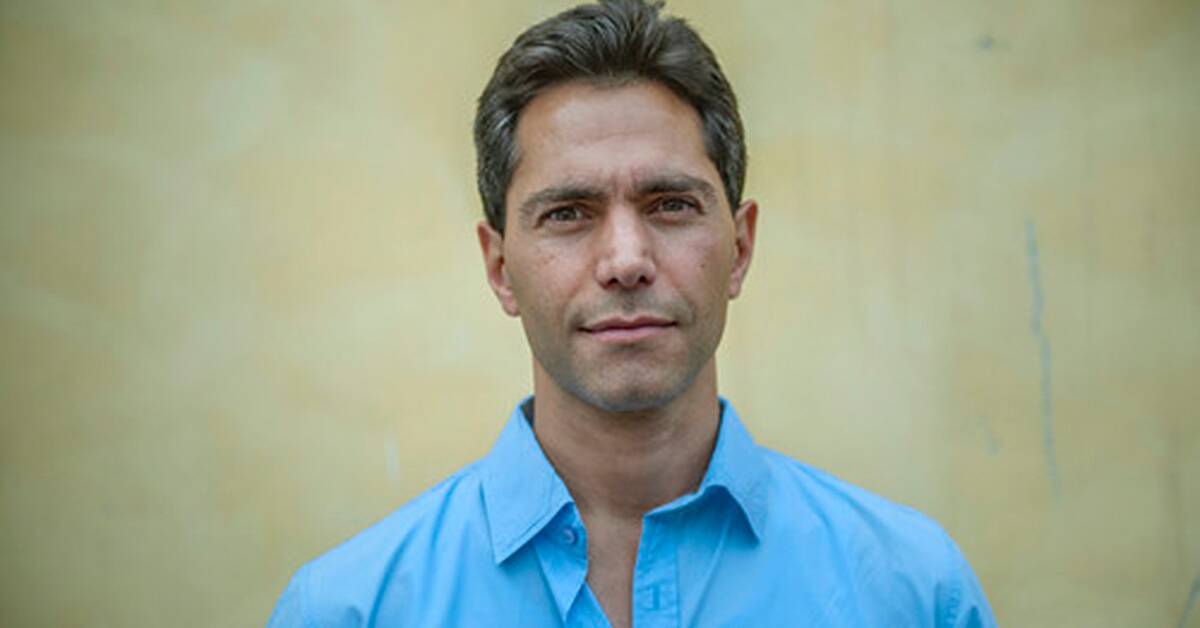The economic crisis in Lebanon is the worst in the country's history.
Since 2019, it has gone straight down.
Today, the UN estimates that 80 percent of Lebanese are poor.
In the midst of the deep crisis, the devastating explosion took place in the port of Beirut, which killed over 200 people, caused enormous devastation and plunged the country into an even more severe depression and hopelessness.
The elections in Lebanon on Sunday were the first since the crisis began.
Few took the chance to shift
Given the situation in the country, one might think that many would take the opportunity to try to vote out the corrupt political elite.
But on the contrary, it was a low turnout, 41 percent.
This is significantly lower than the last parliamentary election four years ago, when turnout was 49 percent.
One explanation may be that most Lebanese do not believe that the election will lead to change.
Divided in Parliament
According to preliminary figures, it seems that Shia Muslim Hezbollah and their allies are losing the majority in parliament.
Among the Christian parties, those who support Hezbollah have lost votes, while those who oppose Hezbollah have advanced.
Independent candidates from, among others, the 2019 protest movement will get around ten seats in parliament.
This is a big difference from the last election, when only one independent candidate entered Parliament.
The Lebanese parliament will continue to be divided, perhaps even more so than before.
And it will make it difficult for Parliament to agree on the necessary reforms to emerge from the paralyzing economic crisis.
The economic crisis may escalate
Parliament faces many tough tasks.
In order to obtain important loans from the International Monetary Fund (IMF), the country must restructure its banking system and Parliament must enact new banking laws.
But analysts fear that the new constellation in parliament could lead to a stalemate and the absence of new laws and reforms.
Then the abyssal crisis can be exacerbated further.
But there are also Lebanese who are positive about a number of new faces entering parliament.
The expectations are not very high, but many still hope that the independent politicians may be able to agree and together try to fight corruption and bring about change.

